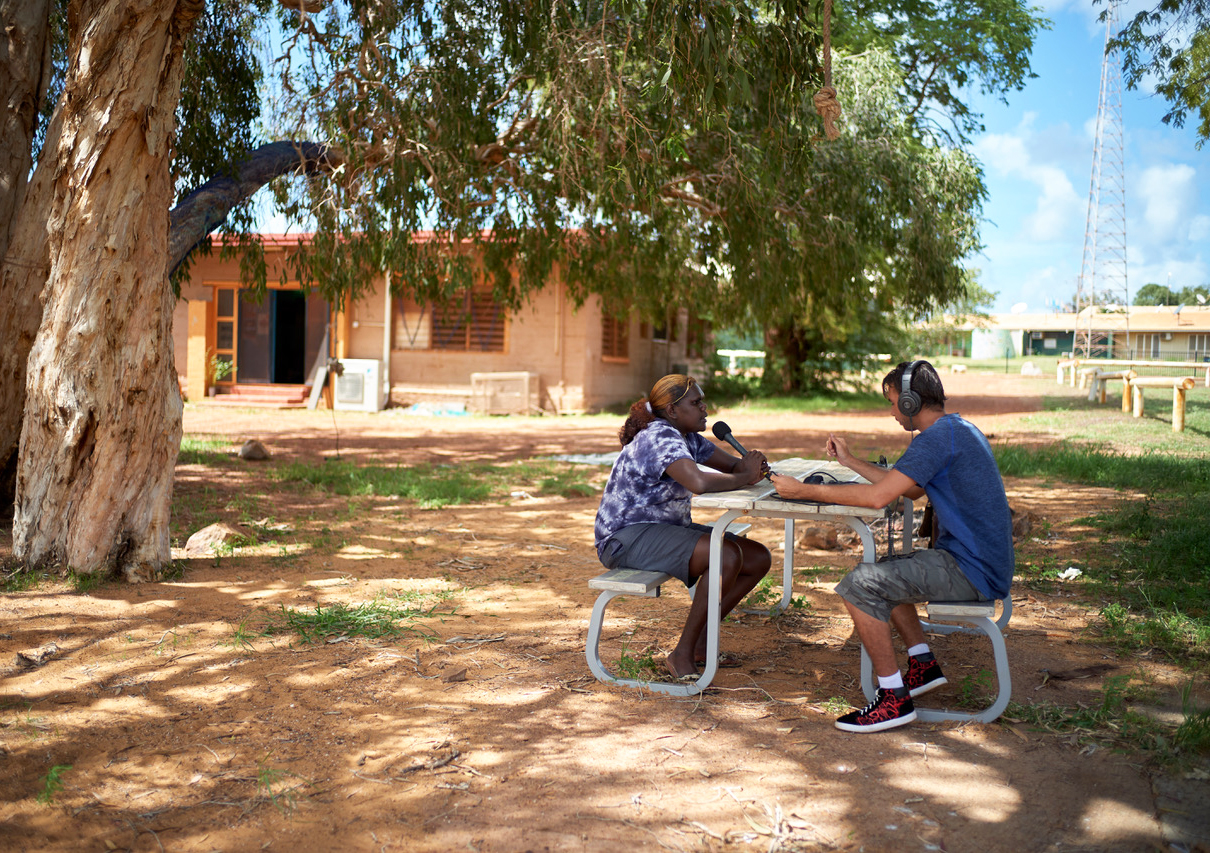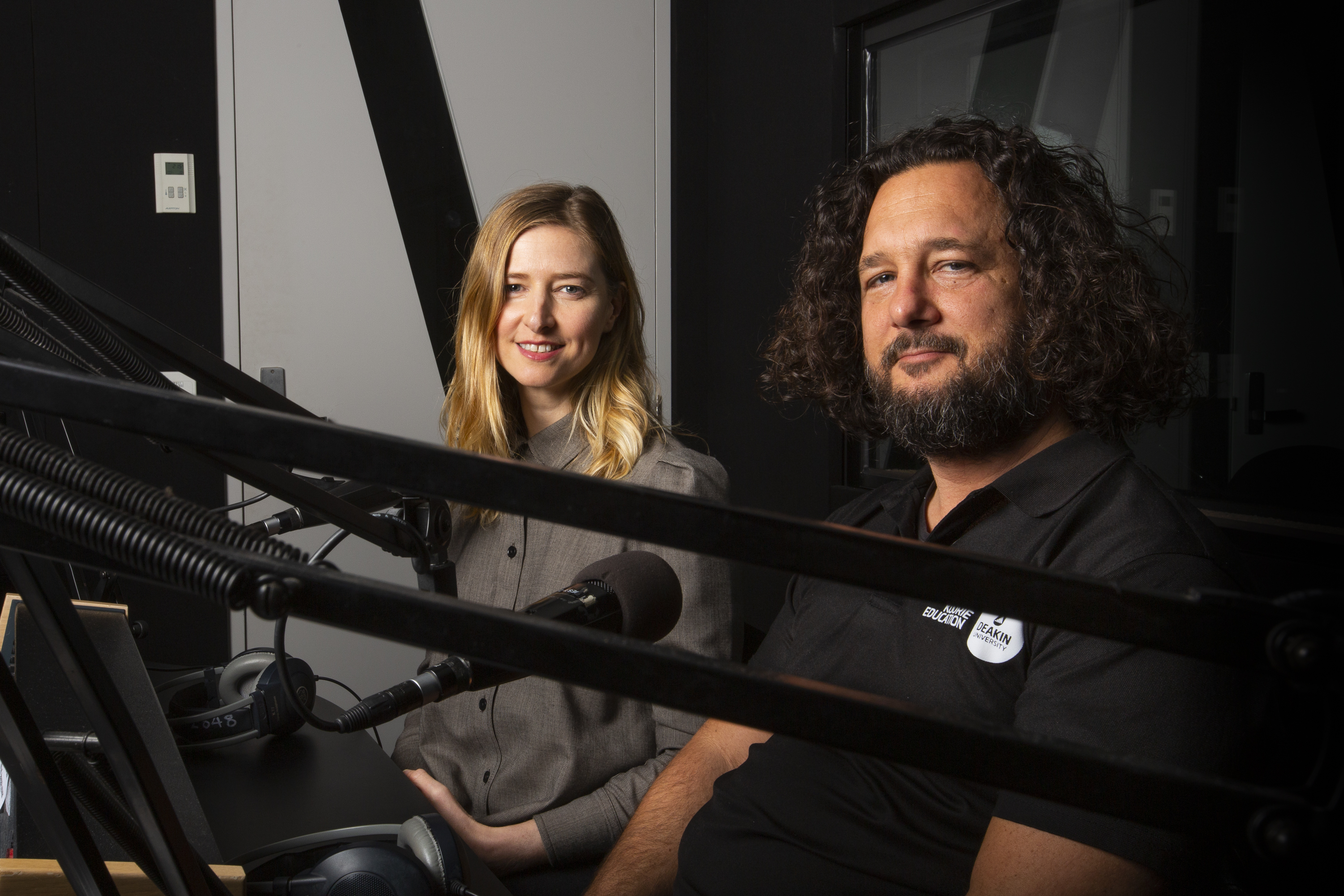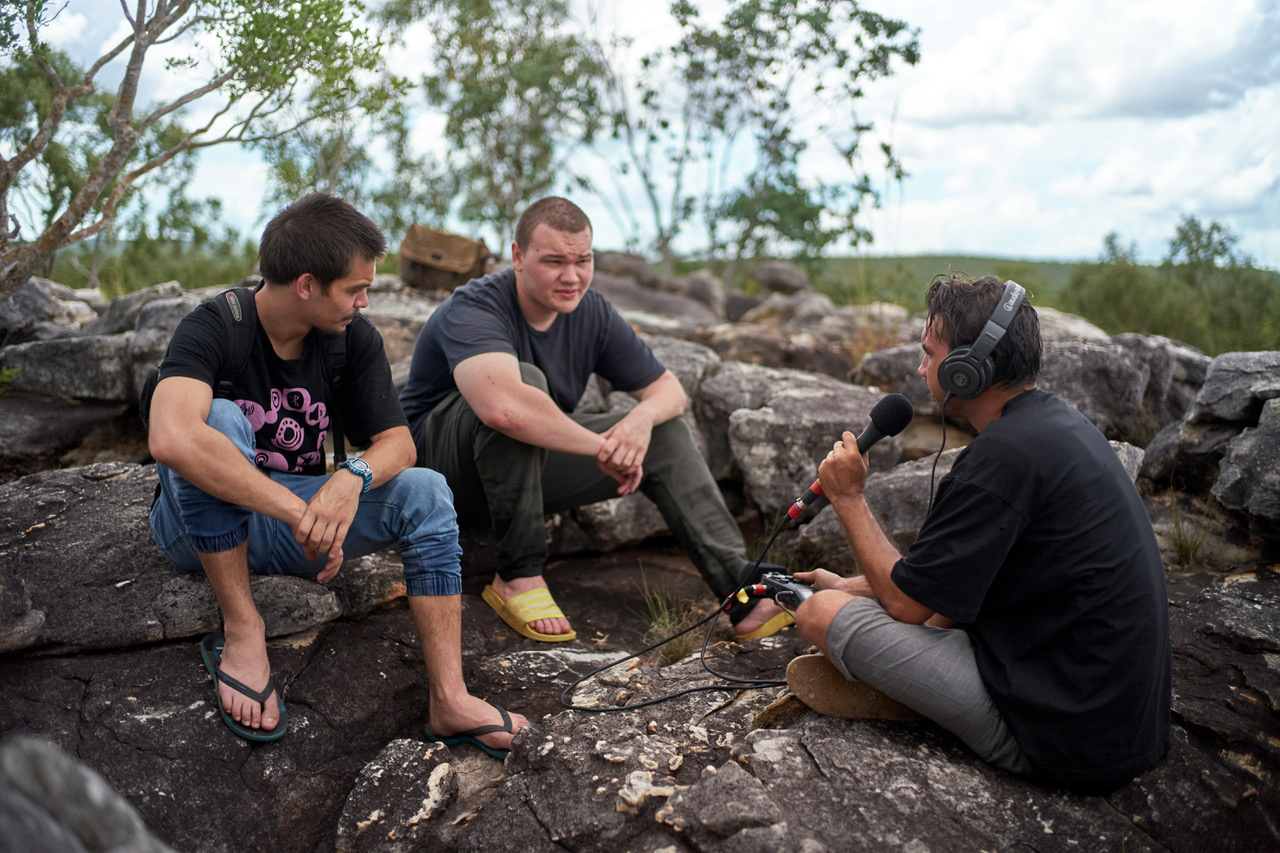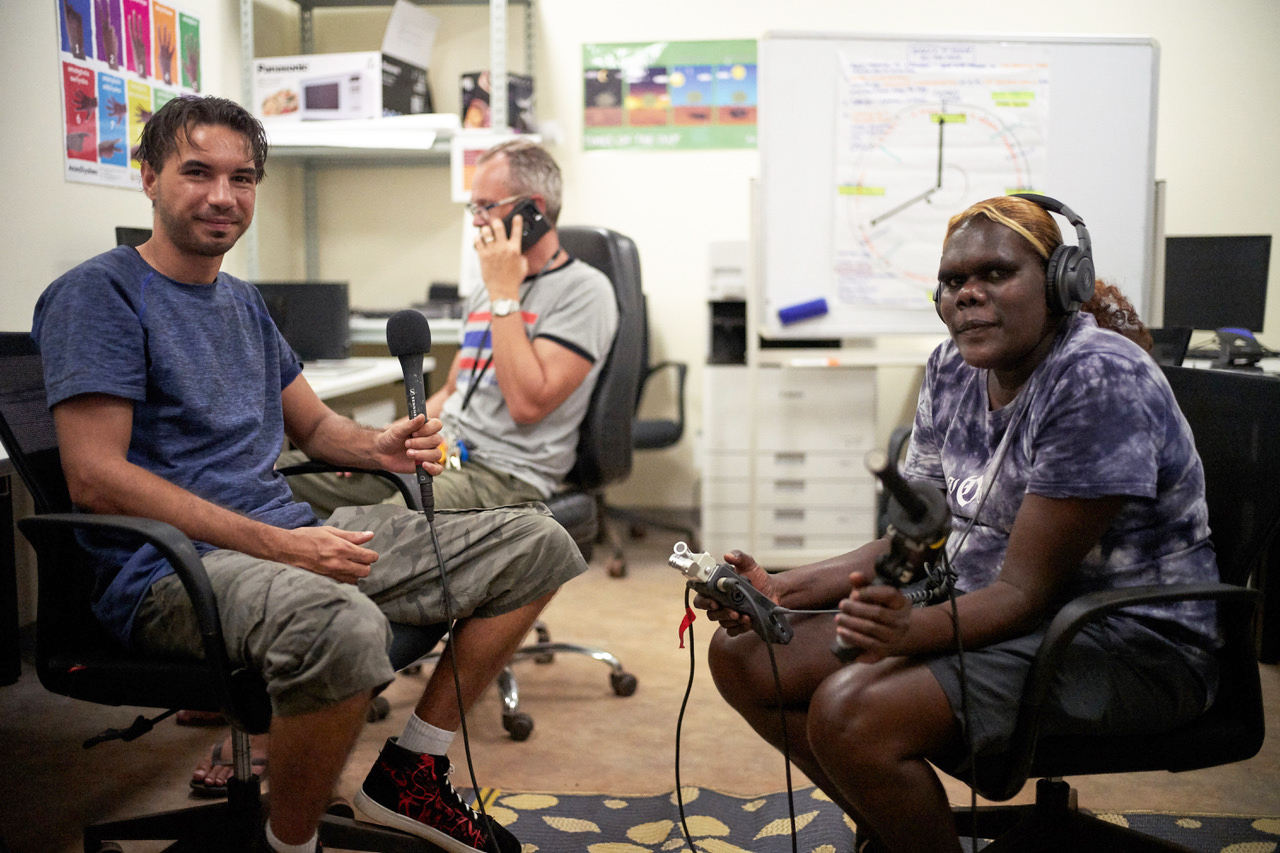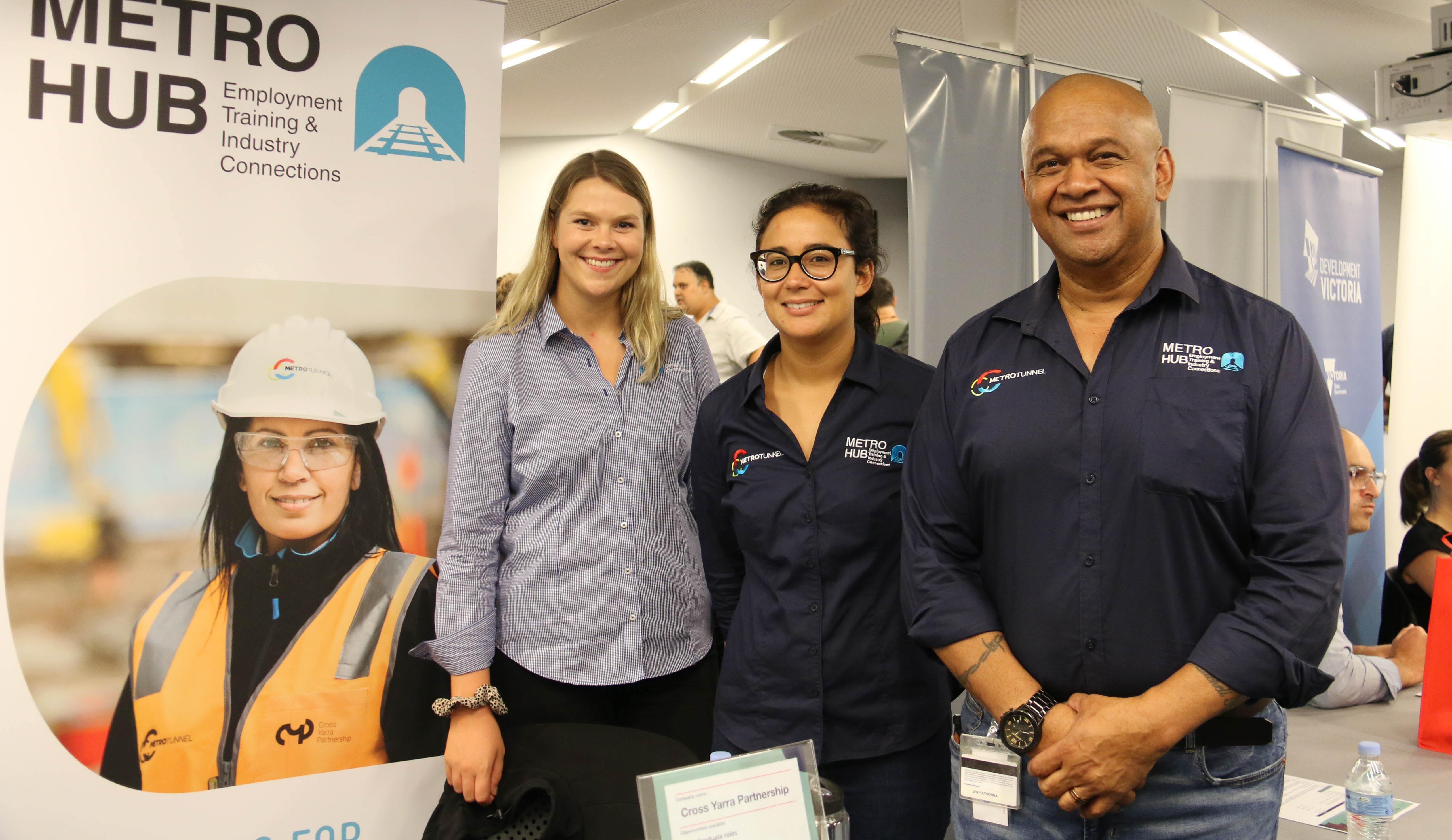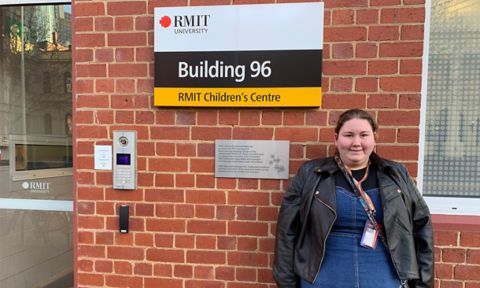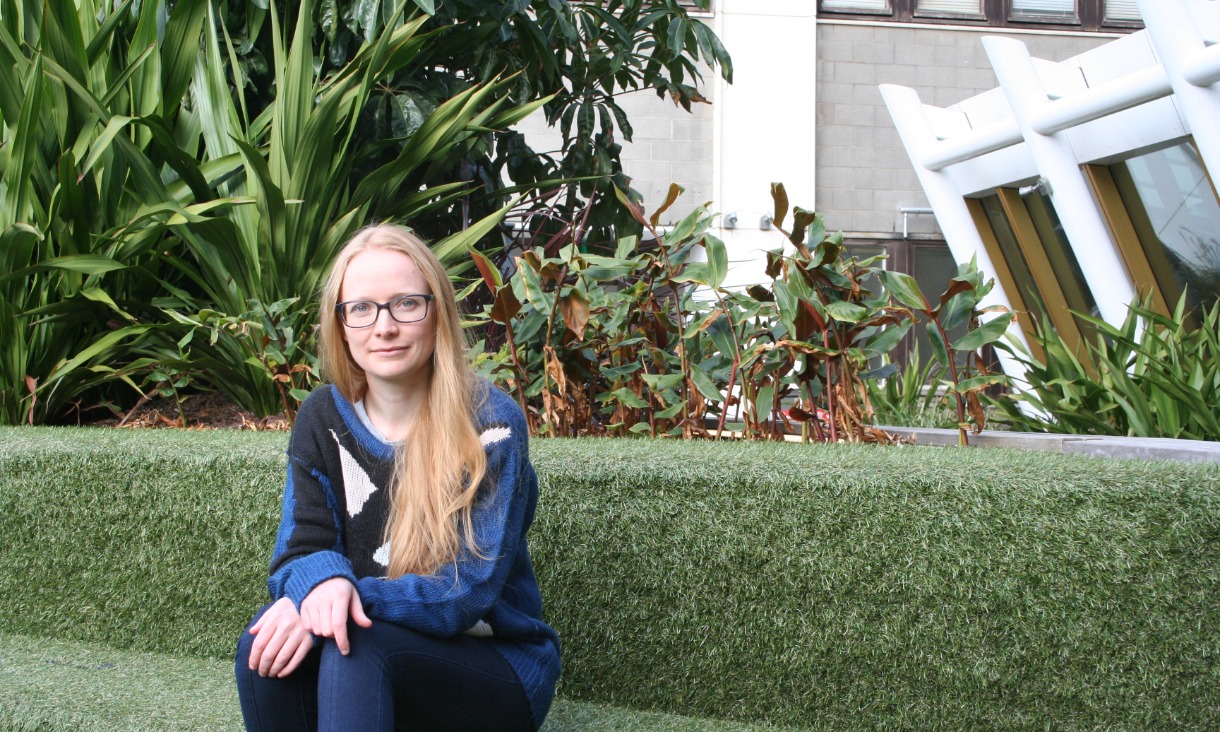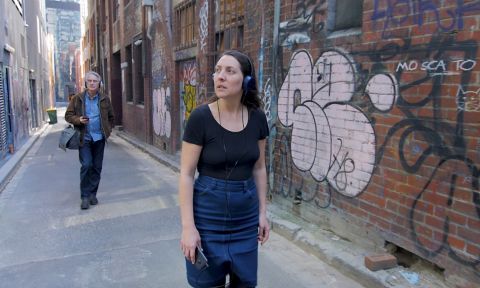One episode looks at what happens when rituals to deal with grievances and tensions move into digital spaces.
“Airing of grievances used to be ritualised through dance or song,” says Yunkaporta. “Now it’s online.”
Yunkaporta says that while violence appearing on platforms such as YouTube is concerning, if you understand the cultural context you can see how some are highly regulated affairs, with rules to prevent boxing-style fights causing collateral damage, and in some ways echo cultural traditions.
“When you've got video of two or 300 people on the street with some handheld shaky camera, and there are some punches, some coconut trees, dust, skinny dogs, all these black people and a strange foreign language that sounds angry - yeah it kind of looks like a riot, I guess, but it’s not,” he says.
“You can actually see when people start to transgress the rules in these fights, the crowd will call it out.”
The series also looks at the challenges of connectivity: from an ingenious invention by the Centre for Appropriate Technology that amplifies mobile phone signals in places that would otherwise be out of range, to community strategies for managing public Wi-Fi to give kids ‘time out’ from the internet.
Yunkaporta says while there are pros and cons to the internet and social media in these communities, many have embraced it as a part of their identity.
“In a lot of ways social media is seen as a real positive, even to the extent that people are like you’re not a real black fella if you’re not on Facebook,” Yunkaporta says.
“Traditionally our cultures have a dense sociality to them. This is not something that is necessarily negatively affected by technology, it’s actually seen in most quarters as something that enables dense sociality, especially over distance.”
